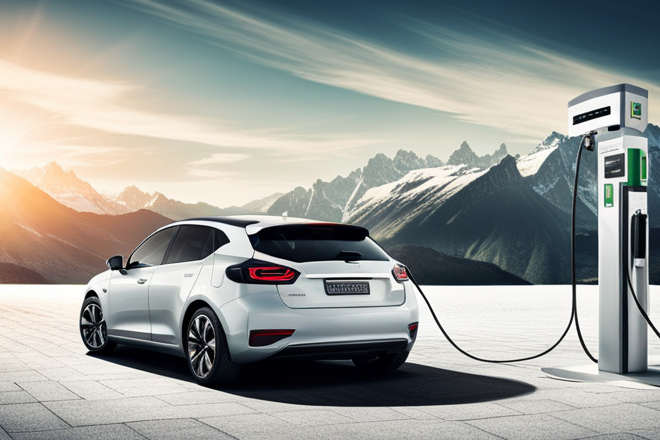
Are EV Chargers the Same for All Cars?
With the rising popularity of electric vehicles (EVs), the infrastructure supporting them has become a significant concern. Among the crucial elements of this infrastructure are electric vehicle chargers. EV chargers play a pivotal role in the widespread adoption of electric mobility, but are they the same for all cars? In this blog post, we'll explore the different types of EV chargers available, the charging standards, and how car manufacturers are adapting to ensure compatibility with various charging options.
Understanding the Different Types of EV Chargers
When it comes to EV chargers, there are primarily three types based on the speed at which they charge an electric vehicle:
Level 1 Chargers
Level 1 chargers are the slowest charging option, commonly referred to as trickle chargers. They use a standard household 120-volt outlet and are typically provided with the vehicle. Although convenient for overnight charging, they are not recommended for regular use due to their slow charging speeds.
Level 2 Chargers
Level 2 chargers offer faster charging than Level 1 chargers. They require a 240-volt outlet and are commonly found at public charging stations, workplaces, and homes. Level 2 chargers can charge an EV significantly quicker and are ideal for daily use.
Level 3 Chargers (DC Fast Chargers)
Level 3 chargers, also known as DC fast chargers, are the fastest option available. They utilize direct current (DC) and can provide rapid charging, allowing an EV to charge up to 80% in just 30 minutes. These chargers are typically found at commercial charging stations and along highways for long-distance travel.
Charging Standards: CCS vs. CHAdeMO vs. Tesla Supercharger
To complicate matters further, there are different charging standards used by various automakers and charging networks. The main charging standards are:
CCS (Combined Charging System)
CCS is the most widely adopted charging standard and is used by most European and American automakers. It combines AC and DC charging in a single plug and is compatible with Level 2 and Level 3 chargers. CCS enables faster charging and is the preferred choice for many EV manufacturers.
CHAdeMO
Developed by Japanese automakers, CHAdeMO is another DC fast charging standard. It is primarily used by Nissan and Mitsubishi vehicles, as well as some Japanese and Korean EV models. CHAdeMO chargers are still prevalent but are gradually being replaced by CCS in some regions.
Tesla Supercharger
Tesla, being one of the pioneers in the EV industry, has its proprietary Supercharger network. Tesla Superchargers use a unique plug and are exclusive to Tesla vehicles. However, Tesla has made efforts to include CCS connectors in some of its newer models, allowing them to charge at non-Tesla charging stations.
Adaptation and Future Compatibility
To address the concerns surrounding EV charger compatibility, many car manufacturers are now adopting the CCS standard. This approach allows EV owners to charge their vehicles at a wide range of public charging stations, irrespective of the brand they drive.
As the adoption of electric vehicles continues to grow, the push for standardization becomes more evident. Harmonization of charging standards would ensure interoperability among different EVs, simplifying the charging experience for consumers and encouraging wider EV adoption.
Conclusion
In conclusion, while the three main types of EV chargers (Level 1, Level 2, and Level 3) are available for all electric vehicles, the charging standards used by different automakers can pose compatibility challenges. However, with the increasing popularity of the CCS standard, many manufacturers are working towards ensuring their EVs are compatible with the most widely adopted charging infrastructure.
As the electric vehicle market evolves, it is crucial for both car manufacturers and charging networks to collaborate on standardized solutions. This way, we can create a seamless charging experience, accelerate EV adoption, and move closer to a sustainable future of transportation.
